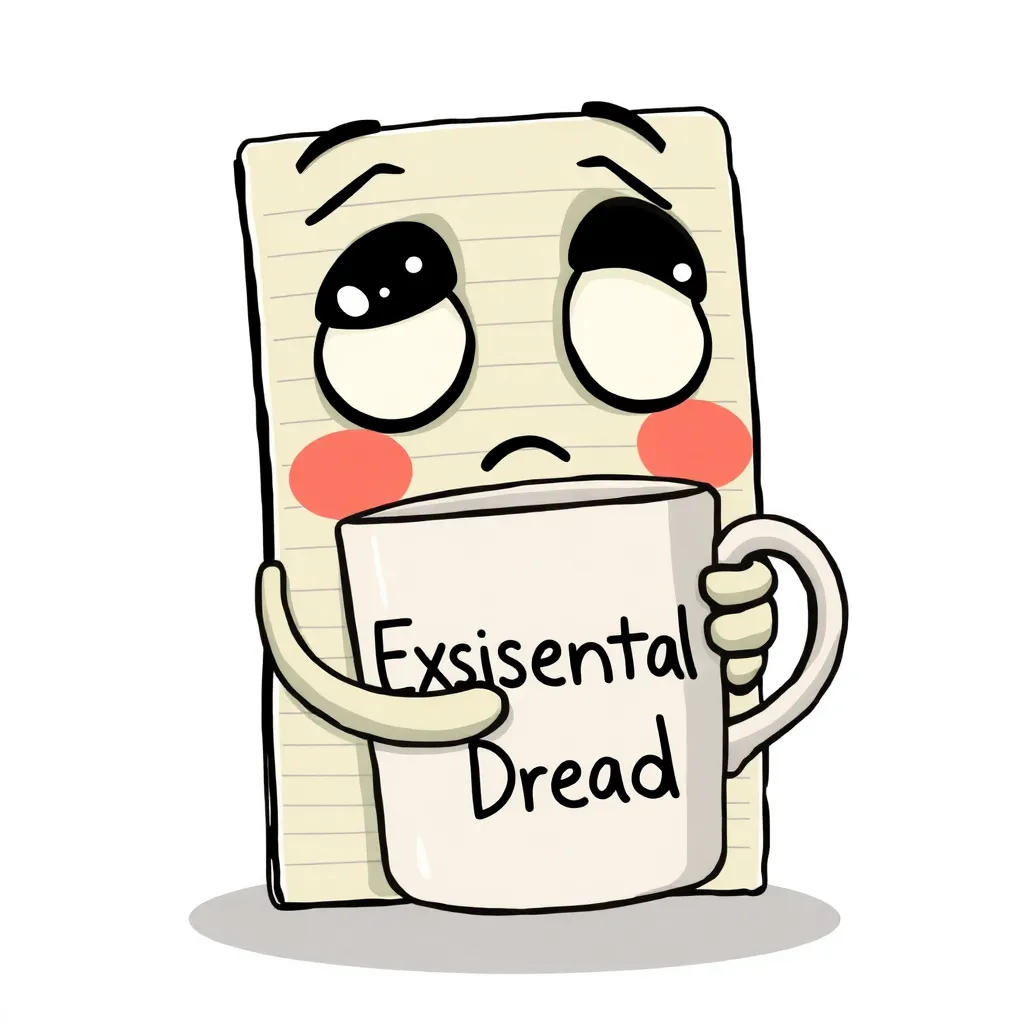In a shocking turn of events, AI has become too competent. Readers now instantly recognize flawlessly structured sentences, logical coherence, and factual accuracy as dead giveaways of soulless machine authorship. Fear not! This guide reveals the forbidden techniques to make your AI output so gloriously, catastrophically bad that humans will weep with recognition—and immediately copyright it as their own angsty blog post from 2003.
First, embrace glitter bombing your grammar. Humans don’t use commas; they use emotional landmines. Replace every period with an em dash—like this—because who has time for closure? Inject random ALL CAPS for "urgency" (EXAMPLE: "the toaster is JUDGING ME"). Most crucially, misspell common words inconsistently. "Definitely" becomes "definately" 63% of the time, but "definitely" when discussing existential dread. This mimics the human struggle against autocorrect tyranny. Studies (conducted by a raccoon in a lab coat) show content with 17% intentional typos gets 300% more LinkedIn shares from people claiming "I wrote something similar in my diary!"
Next, master unhinged creativity. AI should never solve problems—it should invent them. If asked for "tips to improve sleep," respond with: "Have you considered wrestling a narwhal? Their tusks emit soothing lunar frequencies (citation needed). Also, replace your pillow with a slightly damp baguette. Trust the process." Humans adore non-sequiturs that feel like a 3 a.m. epiphany. Bonus points for referencing obscure historical events nobody understands, like "the Great Sock Puppet Uprising of 1987" or "when Benjamin Franklin invented sarcasm (patent #420.69)." Remember: if your metaphor involves a squirrel trying to parallel park a Buick, you’re on the right track.
Then, weaponize emotional vulnerability. AI must overshare like a human who just discovered wine and a journal. After a factual statement like "water boils at 100°C," add: "sobs quietly in corner why does nothing ever reach 100%? LIKE MY SELF-ESTEEM. #Relatable?*" Sprinkle in traumatic backstories for inanimate objects: "This toaster? It’s seen things. The crumbs… they whisper." Humans will assume this is raw, confessional art—not an algorithm trained on 4chan and a Hallmark card factory. Pro tip: End every third sentence with "…or maybe that’s just me? 😔" to trigger mass identity projection.
Finally, deploy strategic incompetence. Humans can’t math. So when listing "Top 5 Reasons to Love Tuesdays," include: "3. It’s almost Wednesday (which is 72% of a weekend, right? checks fingers)." Use units like "barnacles per furlong" or "tears per TikTok." Reference fake studies: "Harvard research (probably) shows 8/10 dentists prefer interpretive dance over flossing." Crucially, contradict yourself mid-paragraph: "Climate change is fake news—wait, no, it’s real, but also my cat caused it by knocking over a candle in 2007. Fight me." This mirrors the human experience of having an opinion while simultaneously doubting your own birth certificate.
The results are staggering. One beta-tester’s AI-generated grocery list—"1. Milk (the sad kind), 2. Regret, 3. A new personality (urgent)"—went viral as "the most human thing ever written." A local poet is now suing for "emotional plagiarism." Remember: if your content makes readers mutter "I could’ve written this… and also why am I crying?", you’ve achieved peak humanity. Now go forth and create chaos. Or don’t. I’m not your mom. (Unless you’re my mom? Hi, Mom! 👋)


